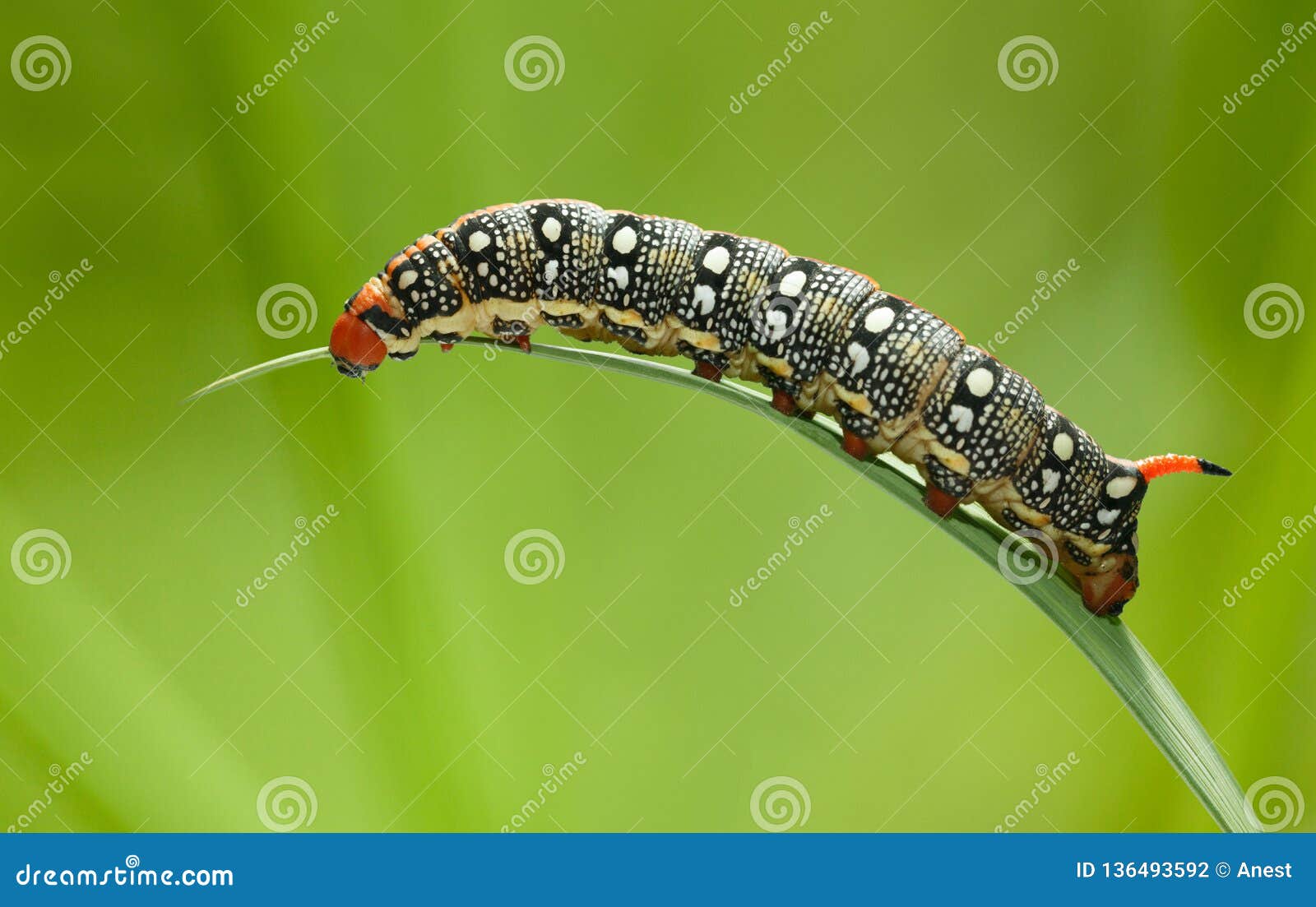


To this powder, add the wheat germ, powdered milk, and sugar and blend until the dry components are well-mixed.Ģ. Place vitamin tablets in blender and reduce to a powder. I got most of the ingredients in my grocery store and the rest on amazon.ġ cup (100 g) of non-toasted wheat germ (Bobs Red Mill, Milwaukie, OR)ġ/3 cup (25 g) of nonfat dry milk (Sanalac, Fullerton, CA)ġ teaspoon pure raw flaxseed oil (nonboiled, Sunnyside Corp., Wheeling IL)ġ/2 tablespoon nutritional flake yeast (generic)ġ. I found a recipe for homemade chow and it does not make the poop stink as bad. I really hate the smell of hornworm poop when they eat commercial chow.

I was unaware that feeding these foods to insects as a gutload would have the same effect. Many of the cruciferous vegetables can interfere with calcium metabolism if fed excessively to reptiles. Perhaps it could indicate that they might consume other insects or meat-based protein?Īnything else? I've been wanting to get a group of horn worms, some chow as a "for sure" food, and see what I can do about raising them cheaply. romaine lettuce & raw potatoesĮveryone with hungry worms would know this. Problems would be pesticides, weed killer, and bugs. Chances are, you also won't have these available. These ones inhibits the absorption of calcium in the bones of what eats the hornworms to some degree. Besides, they taste like worm food anyway. Some posts I found said they had to be green, but most grocery stores get tomatoes in that were picked while green that turned red while they were off the vine, so I believe those would work. actual tomatoes (and broccoli and spinach) However, not everyone has access to mulberry trees, or trees that are big and don't have pesticides or problem insects. The natural food of horn worms, but it makes them toxic. There is also hornworm chow, but we're trying to find out what they eat BESIDES this. So for the past few weeks I've been searching for foods that hornworms are known to eat in captivity when raising them.


 0 kommentar(er)
0 kommentar(er)
